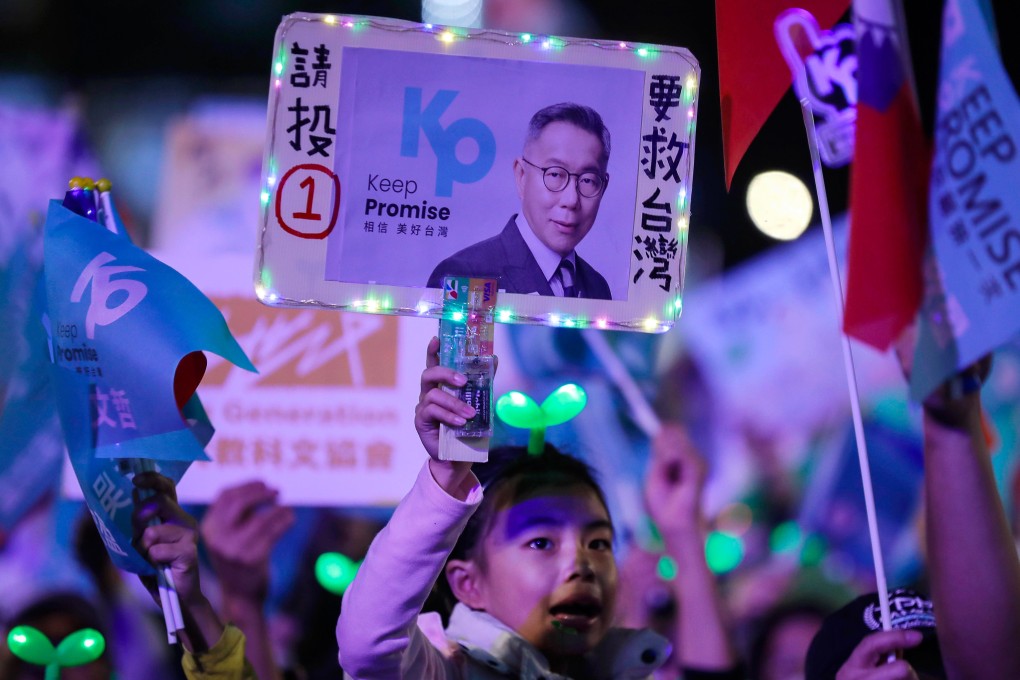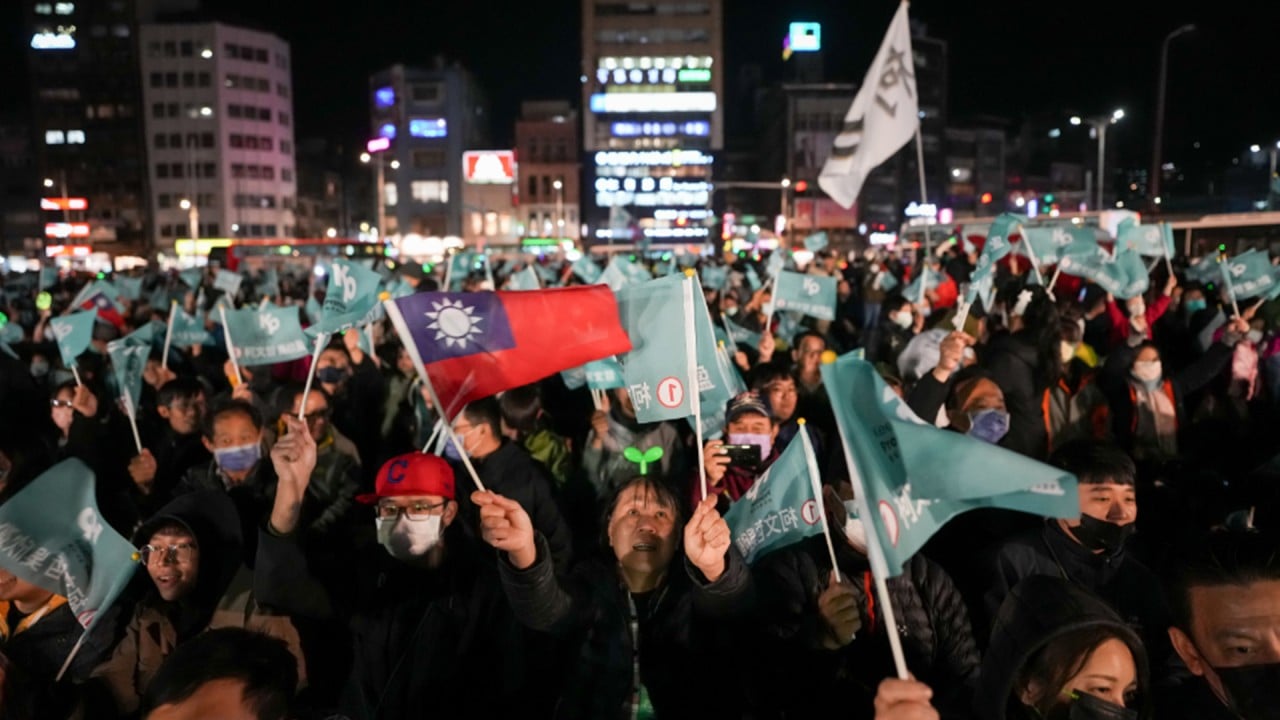Can Ko Wen-je’s TPP bring meaningful change to Taiwan’s politics?
- Days ahead of the next session, the party’s eight new legislative seats will play key roles in critical government decisions
- But despite recent election success, the Taiwan People’s Party must rise above vague messaging, analysts say

When Ko Wen-je announced during an election night rally on January 13 that he would concede defeat in Taiwan’s presidential race, there were many tears in the crowd.
Ko, the dark horse third candidate in the contest to lead the self-governed island, had failed to break through Taiwan’s blue-green political establishment.
Despite the loss, he said he remained optimistic about the TPP’s future and Ko’s chances for another presidential run in 2028. After winning a total of eight seats in the Legislative Yuan, neither the DPP nor the Kuomintang (KMT) secured a majority, giving the TPP the balance of power – and a new sense of purpose.
Those eight election wins gave the TPP leverage in what will be a divisive legislative session. Key decisions on issues like defence spending, weapons purchases, and other policies that will steer relations with Beijing will require both the DPP and KMT to fight for TPP votes.

